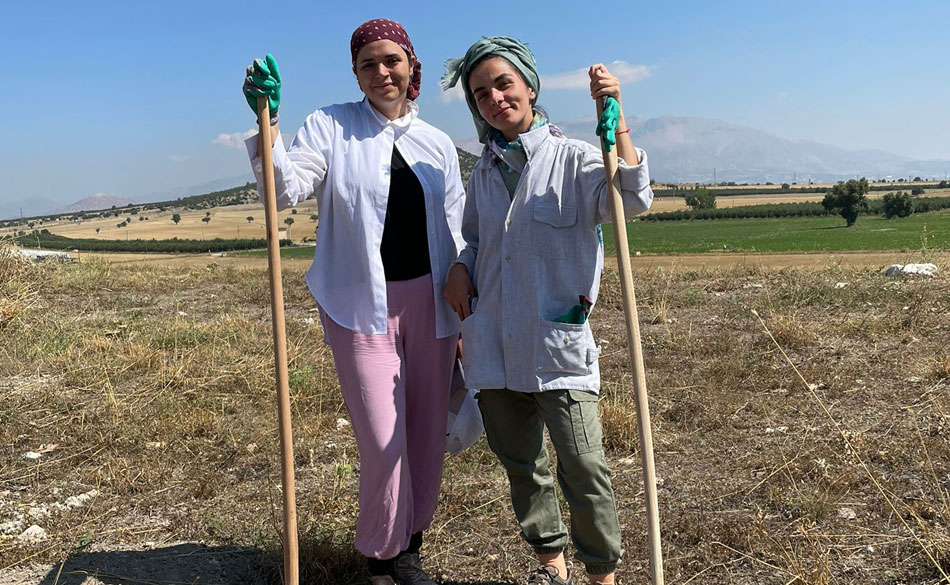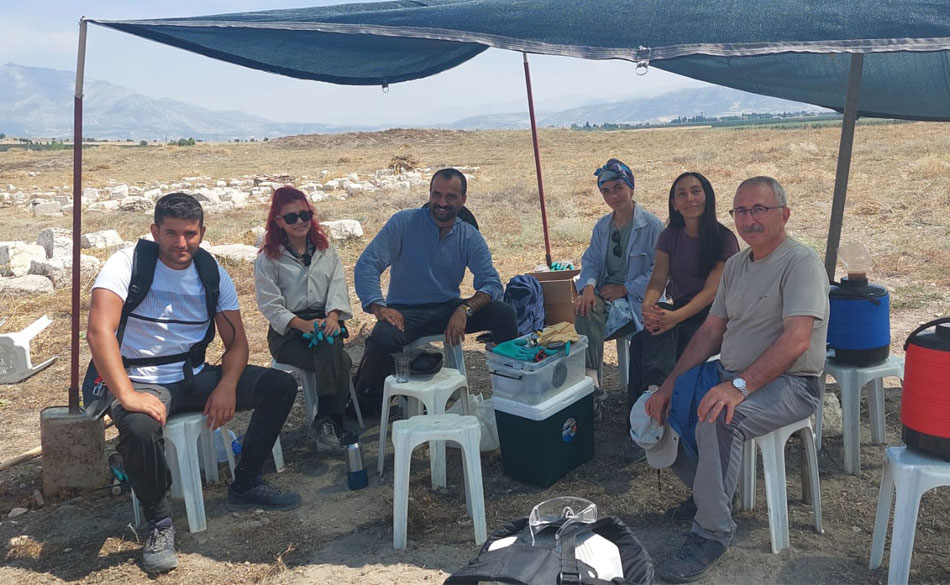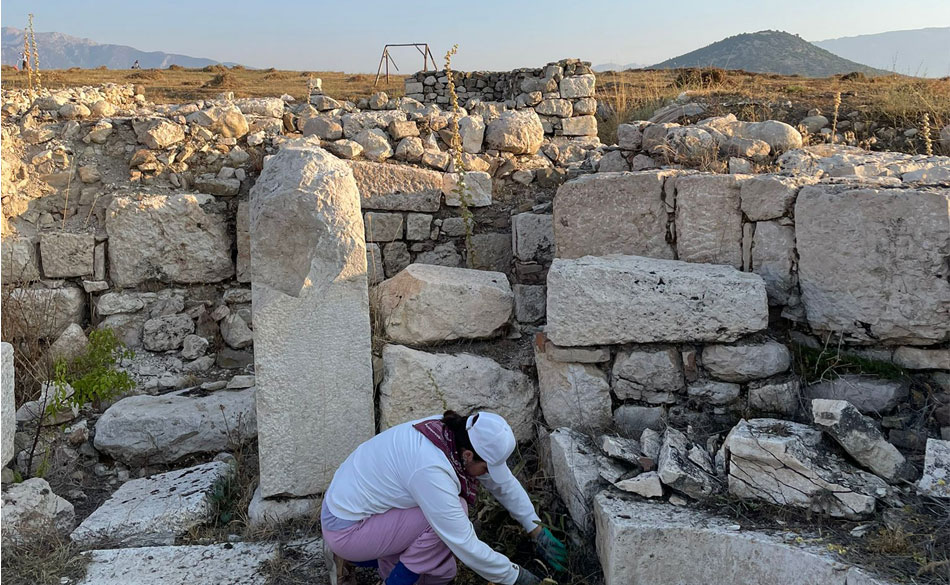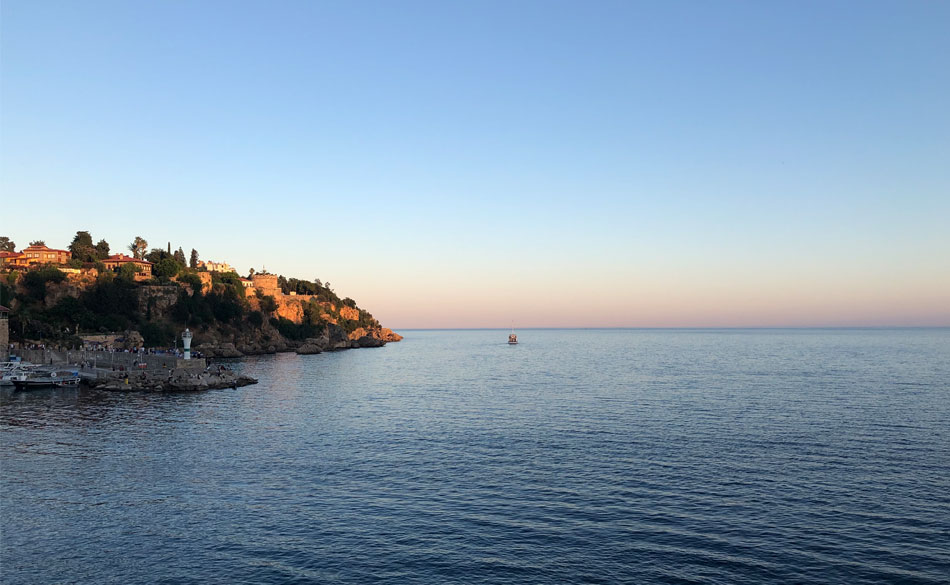Fieldwork




Location: Elmalı, Antalya, Türkiye
Session Dates: July 13 – August 10, 2025
Application Deadline: March 1, 2025
Deadline Type: Exact Date
Website: https://ifrglobal.org/program/turkey-elmali/
Program Type:
Field School
RPA Certified:
No
Affiliation:
Institute for Field Research (IFR), Eurasia Institute of Earth Sciences, Istanbul Technical University
Project Director:
Dr. Bülent Arıkan
Project Description:
Delve into the intriguing history of southwest Turkey’s Elmali Plain, where past climate changes and human-driven environmental shifts have left profound imprints on the region’s landscape and societies. Join us as we embark on a multidisciplinary exploration to reconstruct ancient environmental conditions and unravel complex interactions between humans and their surroundings.
Field school highlights:
Period(s) of Occupation: Multi-period: Byzantine, Iron Age, Early Bronze
Project Size: 1-24 participants
Minimum Length of Stay for Volunteers: Students are expected to stay the full length of one session.
Minimum Age: 18
Experience Required: none
Room and Board Arrangements:
The Excavation House is a three-story structure with a large yard in the front. It is situated at the center of Elmalı in a residential neighborhood. Students will sleep on bunkbeds in shared rooms that may have up to 4 bunkbeds. There is a shower/restroom on each floor, and additional showers and and restrooms on the ground floor. The house also contains study areas both inside and outside. We also have outdoor study areas. All rooms have proper ventilation (windows, balconies) and lighting.
The cost of all meals is included in the program fee; however, students will be responsible for purchasing their own meals if they choose to travel on Sunday evening and Monday. Food will not be served at the Excavation House on Sunday (dinner) and Monday (breakfast and lunch) as the cook will be taking day off as well. The kitchen and the fridge are open to students during these times. Alternatively, you may visit one of many restaurants at the town. Monday dinner is a communal event and the team is expected to be present at the dinner table. We are providing halal Mediterranean cuisine and we can accommodate vegetarian diet. We cannot accommodate Vegan, Kosher, high protein or other types of diets.
Academic Credit:
8 semester ( 12 quarter)
Institute for Field Research
1855 Industrial Street, Unit 106
Los Angeles
CA
90021
United States
Phone: 4242091173
The AIA is North America's largest and oldest nonprofit organization dedicated to archaeology. The Institute advances awareness, education, fieldwork, preservation, publication, and research of archaeological sites and cultural heritage throughout the world. Your contribution makes a difference.
Notifications